“The best weapon is to sit down and talk.” ~ Nelson Mandela
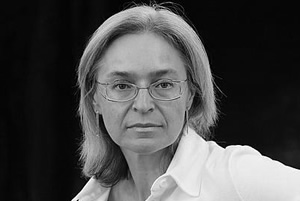
A Russian journalist, writer, and human rights activist.
On 7 October 2006 Anna was murdered in the lift of her block of flats
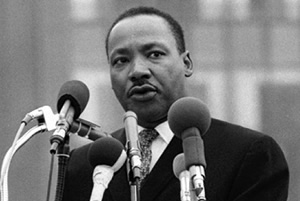
Leader in the African-American Civil Rights Movement, Martin Luther King advanced civil rights using nonviolent civil disobedience.
Posthumously awarded the Presidential Medal of Freedom and the Congressional Gold Medal, Martin Luther King, Jr. Day was established as a U.S. federal holiday in 1986.
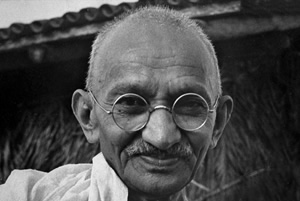
The preeminent leader of the Indian independence movement in British-ruled India.
Employing nonviolent civil disobedience, Gandhi led India to independence and inspired movements for civil rights and freedom across the world.
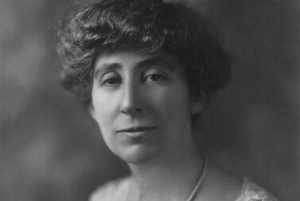
With a profound sense of service and empathy for women, children and families who lived in poverty and without legal protections, Jeannette Rankin was the first U.S. Congresswoman to serve in federal office.
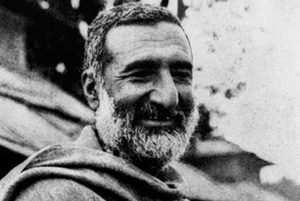
A political and spiritual leader known for his nonviolent opposition to British rule and for strongly opposing the partition of India.
Khan Abdul Ghaffar Khan was lifelong pacifist and devout Muslim
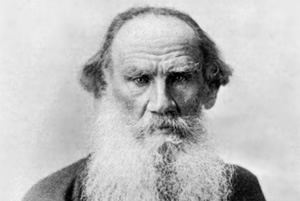
A Russian writer whose works are considered among the finest achievements of literature.
Best known for the novels War and Peace and Anna Karenina which are often cited as pinnacles of realist fiction.
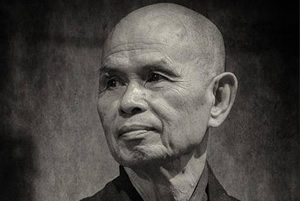
A Vietnamese Buddhist monk, teacher, author, poet and peace activist.
Nh?t H?nh has published more than 100 books, including more than 40 in English. He is active in the peace movement, promoting nonviolent solutions to conflict.
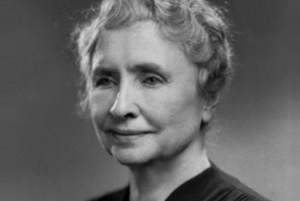
An American author, political activist, and lecturer.
Helen was the first deafblind person to earn a bachelor of arts degree and went on to enjoy great success as a widely read author.
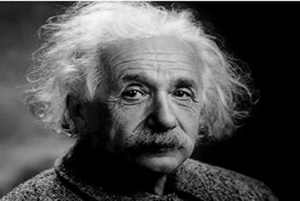
Winner of the 1921 Nobel Prize in Physics.
A theoretical physicist, Einstein developed the general theory of relativity, one of the two pillars of modern physics (alongside quantum mechanics).
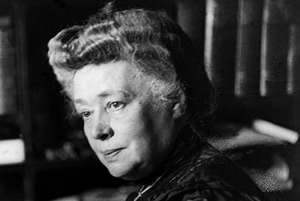
A Czech-Austrian pacifist and novelist.
The first woman to be solely awarded the Nobel Peace Prize. In 1897 she urged the establishment of an International Court of Justice.
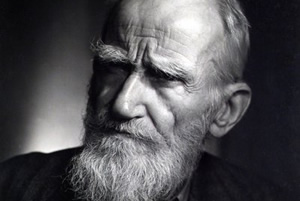
A Nobel-Prize (1925) and Oscar-winning Irish playwright, critic and socialist whose influence on Western theatre, culture and politics stretched from the 1880s to his death in 1950.
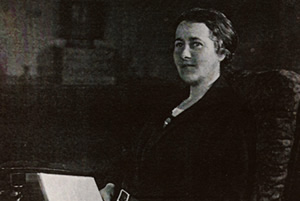
An influencial poet and novelist, pacifist and mystic.
Evelyn wrote numerous works on religion and spiritual practice.
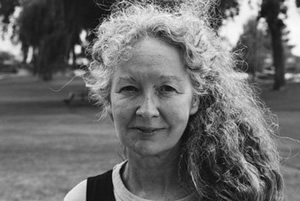
An American peace activist, pacifist and author.
Arrested more than sixty times at home and abroad, Kathy has written of her experiences among targets of U.S. military bombardment and inmates of U.S. prisons.
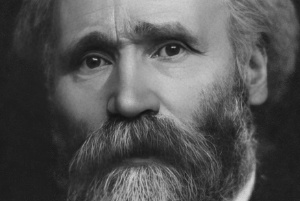
A Scottish socialist and the first Labour Member of the UK Parliament.
James supported votes for women, self-rule for India, home-rule for Scotland, and an end to segregation in South Africa.
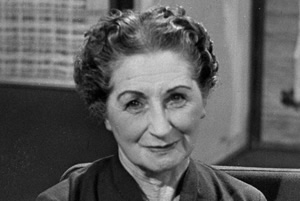
An English writer, feminist, and pacifist. Her 1933 memoir Testament of Youth recounted her experiences during the First World War and the beginning of her journey towards pacifism.
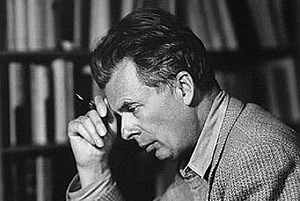
An English writer, novelist, philosopher.
Best known for his novels including Brave New World, a literary masterpiece that takes place in a densely imagined dystopian state.
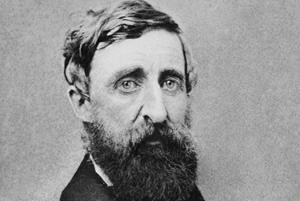
An American author, poet, philosopher, abolitionist, naturalist, tax resister, development critic, surveyor, and historian.
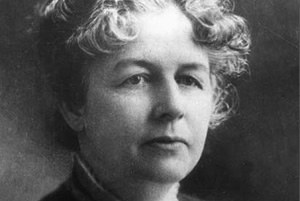
A suffragist, pacifist, and author from the U.S. state of Nevada. Anne was the first American woman to run for the United States Senate.
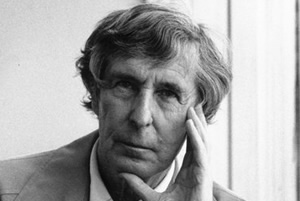
A leading British composer of the 20th century.
Michael rose to prominence following his masterpiece Concerto for Double String Orchestra.
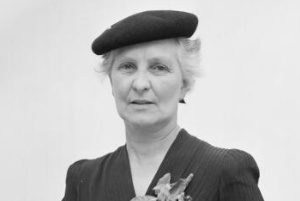
An Australian social reformer and politician.
President of the Council for Civil Liberties, and co-founder of the Federal Council for Aboriginal Advancement.
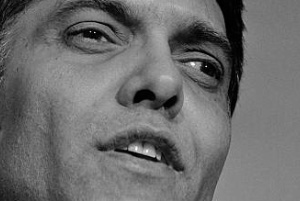
A highly infuencial internationalist.
A political thinker, writer, academic, peace activist, and fierce critic of imperialism.
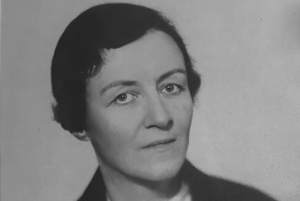
Swedish physician, pacifist and feminist.
A pioneer who promoted the introduction of sports for women.
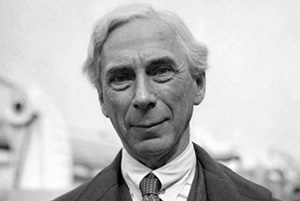
Nobel Prize in Literature (1950).
A British philosopher, logician, mathematician, historian, writer, social critic and political activist.
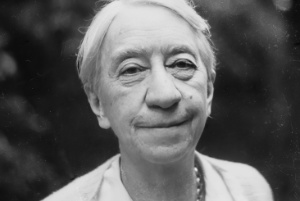
Educator, socialist activist, and radical pacifist.
Hughan was a committed pacifist who spent the whole of her life in opposition to the spread of militarism in the US.